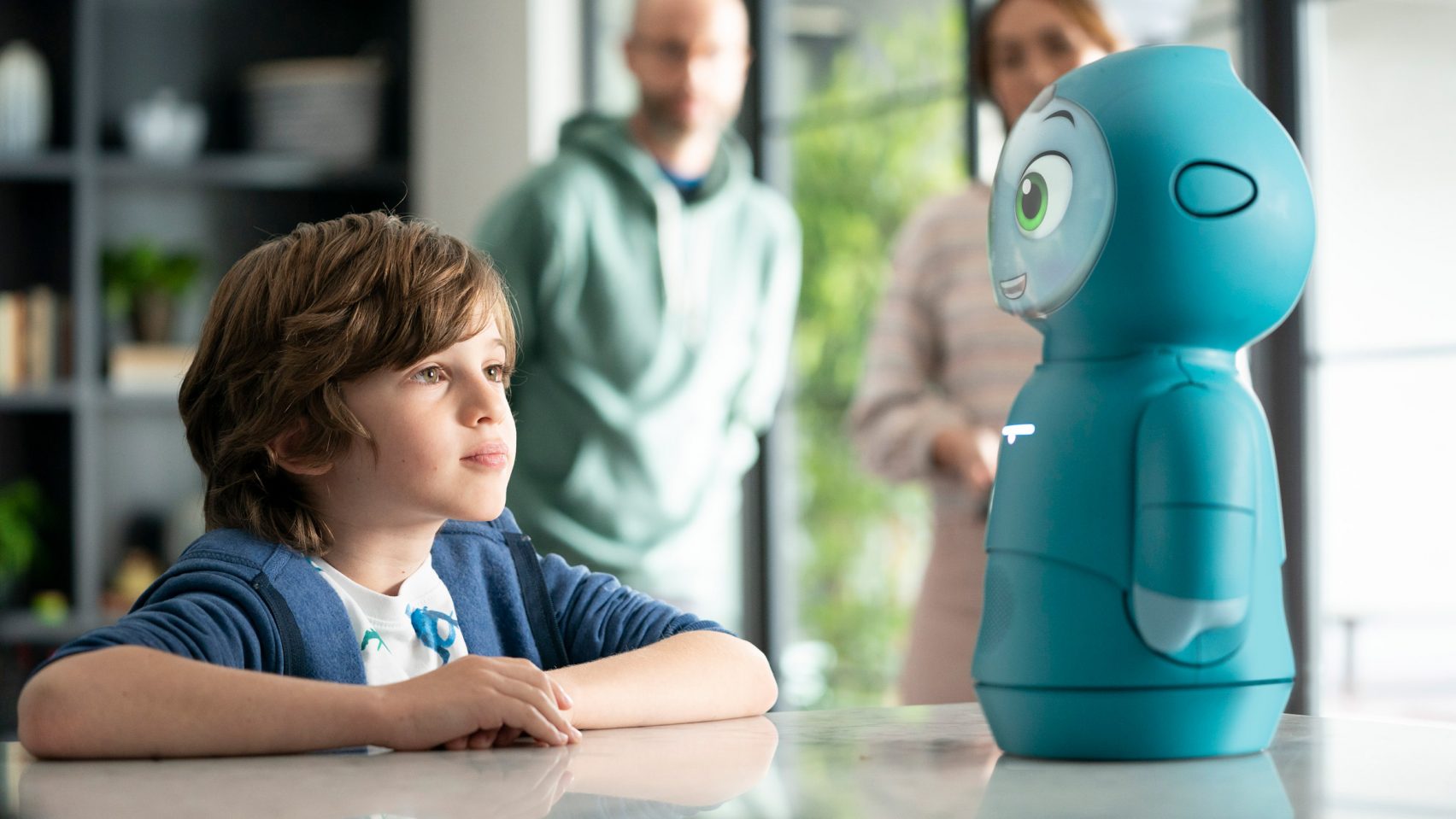
Parents and children who relied on Moxie, an artificial intelligence (AI)-powered robot designed for emotional and social support, are grappling with its abrupt shutdown. Embodied, the U.S.-based company behind Moxie, announced in late November 2024 that it would cease operations after failing to secure a critical funding round. This decision has rendered the $799 robots non-functional, leaving families with nothing more than expensive keepsakes.
A companion lost
Moxie was marketed as a “supportive robot friend” for children aged 5 to 10, particularly benefiting those with autism. The robot offered activities like storytelling, educational games, and open-ended conversations to foster emotional regulation and social skills. However, these features relied on a constant connection to Embodied’s cloud-based AI system. Without this link, Moxie’s core functionalities have vanished.
Videos of the parents breaking the news to their young ones went viral on TikTok. One parent expressed, “My autistic child is devastated and I’m pissed.” Researchers like Annabel Blake from the University of Sydney warn of the emotional toll on children. “When children develop routines or attachments with devices like Moxie, sudden disruptions can lead to negative experiences,” she said.
Embodied, Inc., the company behind the AI robot Moxie, is shutting down and this dad had to break the news to his daughter. 🥲
To a kid this feels like a death of a family member.
We’re going to have to deal with AI friends disappearing soon. pic.twitter.com/AUiBKJviaM
— Zero State Reflex (@ZeroStateReflex) December 3, 2024
Embodied’s CEO, Paolo Pirjanian, explained the shutdown in a public statement, saying, “We had secured a lead investor who was prepared to close the round. However, at the last minute, they withdrew, leaving us with no viable options to continue operations.” The company has not offered refunds or warranties, citing its financial challenges.
Chris Littleking, an Australian operator of the amateur robotics forum ‘Robots Around the House, owns two Moxie robots. He praised the robot’s “eye contact, vivid face animations, and ability to give lots of non-verbal communication by adjusting its body posture to separate it from anything else currently available.”
However, he isn’t optimistic about the future of such devices. “I feel it’s just an unfortunate reality that companion robots are incredibly hard products to be successful with,” Littleking told Crikey.
A broader challenge
The closure exemplifies the risks of cloud-dependent devices. Unlike systems that can function offline, Moxie relied entirely on cloud servers to process interactions. Critics argue this model leaves users vulnerable to disruptions when companies fail.
“If Moxie were designed differently, to allow for local processing like Apple does or even the offloading of it to a local device capable of that, the shutdown of Embodied wouldn’t have made a massive impact on consumers who least deserve to get reamed by capitalism,” said Mike Wuerthele, Managing Editor of Apple Insider.
Apple’s on-device AI model with Apple Intelligence is often cited as a more sustainable alternative. While this method is more expensive and technically demanding, it ensures you can still access Siri’s advanced functionalities even during server outages.
The sudden loss of Moxie has reignited debates about consumer rights and product design. Some experts have called for a “right to reanimate”—policies requiring companies to enable devices to function independently or with alternative software if support ceases.
For now, families are left mourning the loss of a trusted companion. The emotional and practical fallout from Embodied’s collapse serves as a stark reminder of the need for better planning and accountability in AI product development.




















